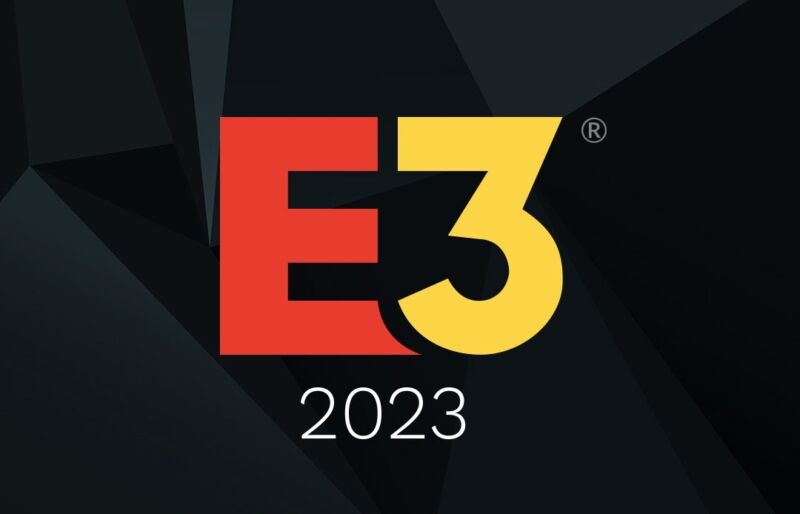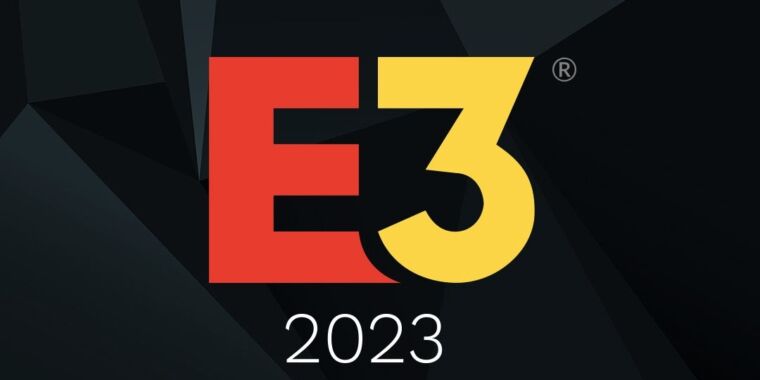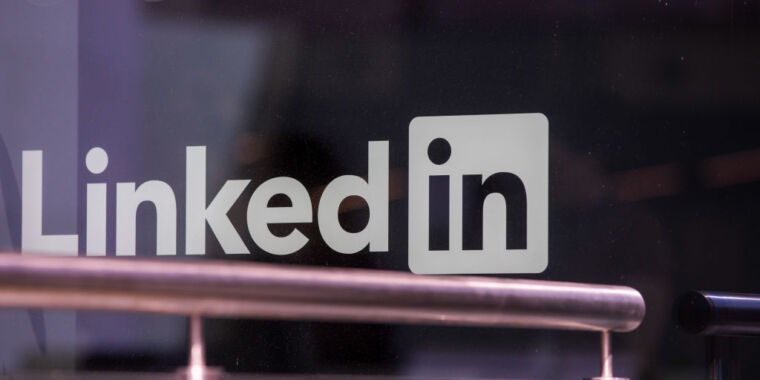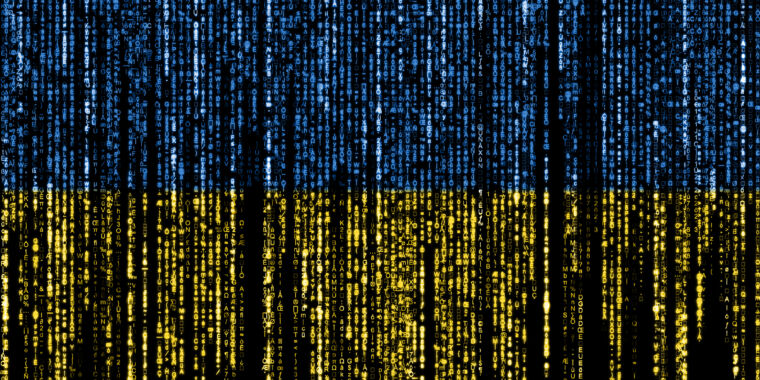
ESA / ReedPOP
The annual gaming expo once known as E3 is finally drawing closer toward rebirth as a physical event. While information about the next iteration of E3 remains scarce, this week’s big news suggests a crucial change in how the decades-old event will work: a split between audience types.
The expo’s new showrunners at ReedPOP, an agency responsible for regional gaming and comic expos like PAX, EGX, and Star Wars Celebration, confirmed on Monday that E3 2023 has locked down its location and date range. Both should sound familiar to E3 fans: a week-long span in mid-June (specifically, June 13–16) at the Los Angeles Convention Center.
This time, E3 will better resemble overseas game-industry showcases like Gamescom and Tokyo Games Show. The event’s first two days, dubbed “E3 Business Days,” will exclusively host “registered industry personnel,” which ReedPOP says will include game makers, distributors, licensors, and press. E3 2023’s third day will function as a hybrid industry/public day, and the fourth will be exclusively open to public ticket purchases. During this two-day span of “E3 Gamer Days,” the event will host a theater full of “deep-dive looks at highly anticipated titles.”
Maybe this one will be fun for average showgoers
Based on our years of E3 coverage, we imagine this structure will be a net positive for anyone who attends. In the expo’s pre-COVID state, E3 primarily connected game publishers and developers with the industry’s logistics side: your Targets, Amazons, and Best Buys, along with global distribution partners, digital services, and other firms that get video games into players’ hands one way or another. At the E3 of old, those people were the priority, not average consumer attendees or even the press.
Yet the ESA’s version of E3 sold tickets to a fanbase that had come to expect gaming expos to be fun. Typically, that wasn’t the case, thanks largely to brutal waits in lines for limited numbers of gameplay kiosks—all while industry professionals waltzed past velvet ropes to skip those lines. Splitting those audiences should clear out more space for fans to actually play demos of anticipated games. ReedPOP’s announcement about a theater portion also suggests that it wants to streamline public access to “exclusive” game presentations at the show—instead of making fans wait in E3 lines just to watch behind-closed-door videos.
As of press time, we still have questions about how the show will operate. Will the attendance split between industry members and public consumers be reflected by a show floor change once E3 Business Days give way to E3 Gamer Days? Meaning, will the show’s third and fourth days add more public gameplay kiosks for unreleased games? Also, ReedPOP’s other expos are largely marked by third-party merch booths (i.e., clothing, “mystery boxes,” and retro game resellers). Will that ReedPOP status quo spill over into their version of E3, despite those booths arguably missing the point of E3’s industry-exclusive days? (Representatives for ReedPOP did not immediately answer Ars Technica’s questions on these matters.)
But who will actually be at E3 2023?
Most of all, E3 is defined by the video game developers and publishers who present there, but even before COVID forced the show’s physical incarnation to halt, major publishers had begun bowing out of the show to emphasize their own physical and digital events. Without formal confirmation of participating publishers at this point, we’re left reading various industry-event tea leaves.
On the console side, this summer’s Gamescom saw the return of Xbox at physical events, but that console family’s handlers at Microsoft didn’t participate at ReedPOP’s PAX West 2022, just minutes down the road from its Seattle-area headquarters. Nintendo, to its credit, had formal presences at both recent expos. Sony has been the most expo-reluctant company since it pulled out of E3 2019, as its PlayStation arm has been happy to alternate between YouTube presentations and limited hands-on events for the press.
The most recent PAX West was telling as far as ReedPOP’s relationships with potential participating game makers; in addition to Nintendo, the September event’s show floor had a scattershot selection of recognizable game publishers, including Bandai Namco, Devolver, and various Embracer-owned subsidiaries. But Gamescom 2022, which is not affiliated with ReedPOP, shot a little higher with its inclusion of Xbox, Sega, and Ubisoft at its events.
What’s more, Game Awards and Summer Game Fest organizer Geoff Keighley, who was affiliated with some of this year’s Gamescom events, is moving forward with a physical version of Summer Game Fest 2023. As a longtime behind-the-scenes organizer of E3-adjacent events, Keighley may flex his savviness with major game publishers to fill out his own show floor in June 2023—and leave the new version of E3 starved for content. SGF 2023’s dates, venue, and participating game makers are still unknown as of press time, but already, we are anticipating a showdown in one way or another for fans’ June 2023 game-preview bandwidth, both online and in person.








